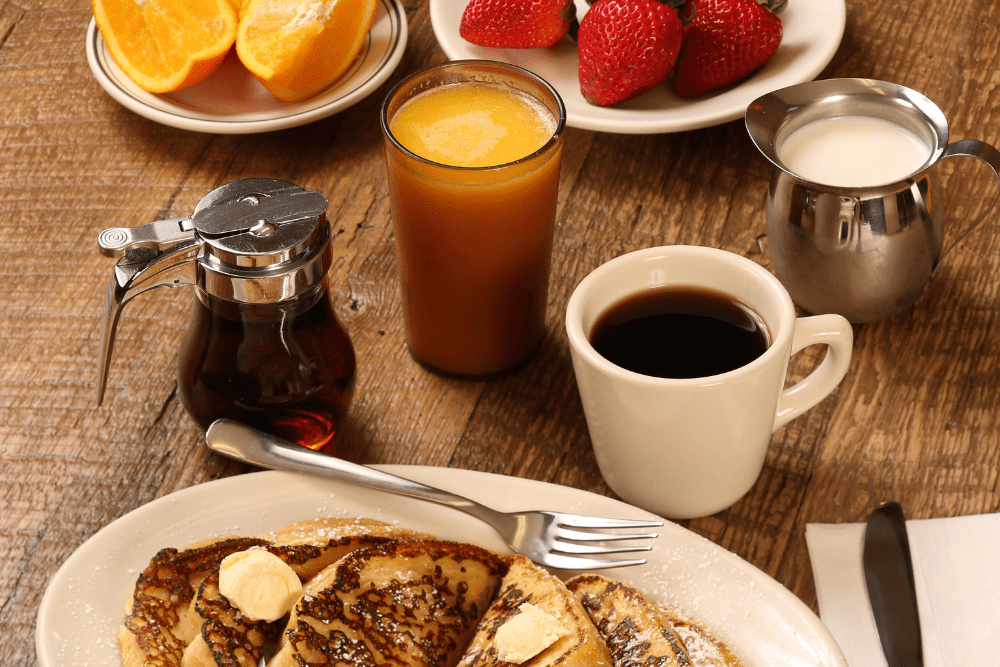The revision aims for more accurate origin labelling to help consumers make an informed choice on a number of agri-food products.
On Wednesday, the Environment, Public Health and Food Safety Committee adopted its position on the revision of EU marketing standards for the so-called ‘breakfast’ directives to update requirements and product definitions with 73 votes in favour, 2 against and 10 abstentions.
Clear labelling of geographical origin of honey
As consumers have shown a particular interest in the geographical origin of honey, MEPs agree that the country where honey has been harvested must appear on the label in the same visual field as the product indication. If honey originates from more than one country, the countries shall be indicated on the label in descending order according to proportion and if more than 75% of honey comes from outside the EU, this information shall also be indicated clearly on the front label. To further limit honey fraud, including the use of sugar syrups in honey that is very difficult to detect, MEPs also want to set-up a traceability system along the supply chain to be able to track the origin of the honey. Beekeepers in the EU with less than 150 hives would be exempted.
Fruit juices and jam
MEPs agree that the label ‘contains only naturally occurring sugars should be allowed for fruit juices. To meet growing demand for low-sugar products, reformulated fruit juices may be labelled ‘reduced-sugar fruit juice’.
MEPs highlight that new techniques that remove naturally occurring sugars in fruit juices, jams, jellies or milk should not lead to the use of sweeteners to compensate for the effect of sugar reduction on the taste, texture and quality of the final product. They also point out that claims regarding positive properties, such as health benefits, must not be made on the labelling of reduced-sugar fruit juice.
For fruit juices, jams, jellies, marmalades and sweetened chestnut purée MEPs also want the country of origin of the fruit used to manufacture the juice to be indicated on the front-label. If the fruit used originates in more than one country, the countries of origin shall be indicated on the label in descending order according to their proportion.
Regarding jams, MEPs agree with the proposal to increase the minimum fruit content, reducing the required added sugar for certain products, and allows the term ‘marmalade’ to be used for all jams (previously this term was only allowed for citrus jams).
Quote
Rapporteur Alexander Bernhuber (EPP, Austria) said: “Today is a good day for more transparent labelling of origin. In addition to stricter quality criteria and controls, the more precise indication of the countries of origin will provide more transparency and will make it easier for consumers to choose healthier and regional products. For honey, the requirements to state the countries of origin on labelling will prevent adulteration and facilitate informed consumer choices.”
Next steps
Parliament is scheduled to adopt its mandate during the 11-14 December 2023 plenary session, after which it is ready to start negotiations with EU member states.
Background
The revision of EU marketing standards for certain ‘breakfast’ directives was proposed by the European Commission on 21 April 2023 to update current standards that are more than 20 years old.





